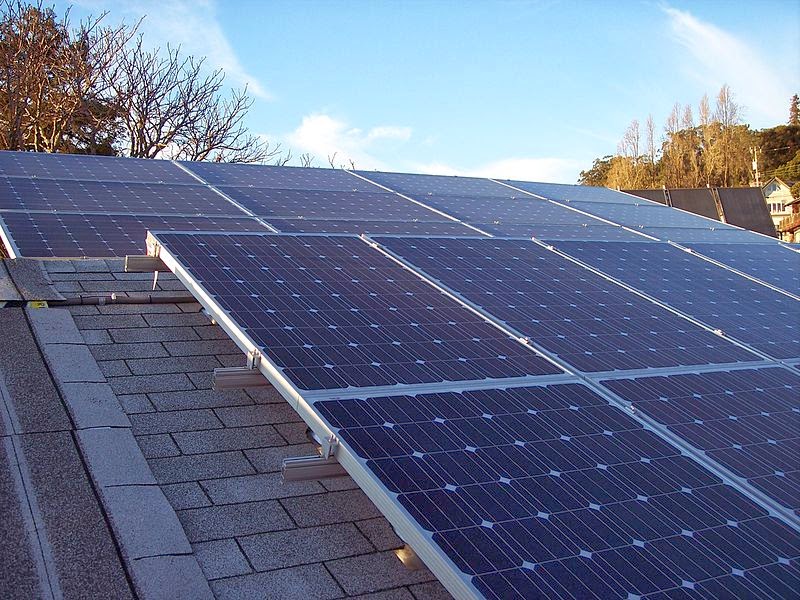Having already designated more than $20 million of its money to oppose Initiative 1631, the fossil fuel industry began sending out misleading mailers last month. That the industry would attempt to use its wealth to fund a misinformation campaign against an initiative seeking to regulate carbon emissions shouldn't shock anyone. It's totally consistent with the past actions of these corporations. What does catch my attention is the cheap quality of the lies against the initiative.
In the past, the fossil fuel industry concocted elaborate stories to stoke uncertainty about global warming. These stories were lies, and the coal, oil, and gas companies' own scientists told them so at the time, but at least, the industry put in some work to fabricate them. As a result, the deceptions worked for a long time and continue to impact us today. We're still paying for their cost with pollution that threatens our health, the environment, and the future of all species on this planet.
 |
| The truth is that promoting alternative energy through I-1631 is better than anything the fossil fuel industry has to sell. |
Though weak, those half-truths and false assertions aren't even the lamest of the bunch. The opponents of the initiative say it has no oversight. In truth, I-1631 would institute a 15-person public board to oversee its implementation. The oversight and accountability are right there in the language of the initiative! Make sure to read the whole article from the UCS to see each lie from the fossil fuel industry refuted.
By the fossil fuel industry's own standards, and despite the millions of dollars behind them, the lies these corporations spread against I-1631 are extremely cheap; but if they work, they'll be very costly for our planet and our health. Don't buy them.





